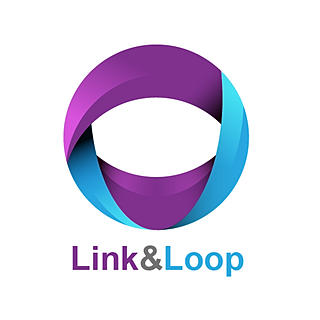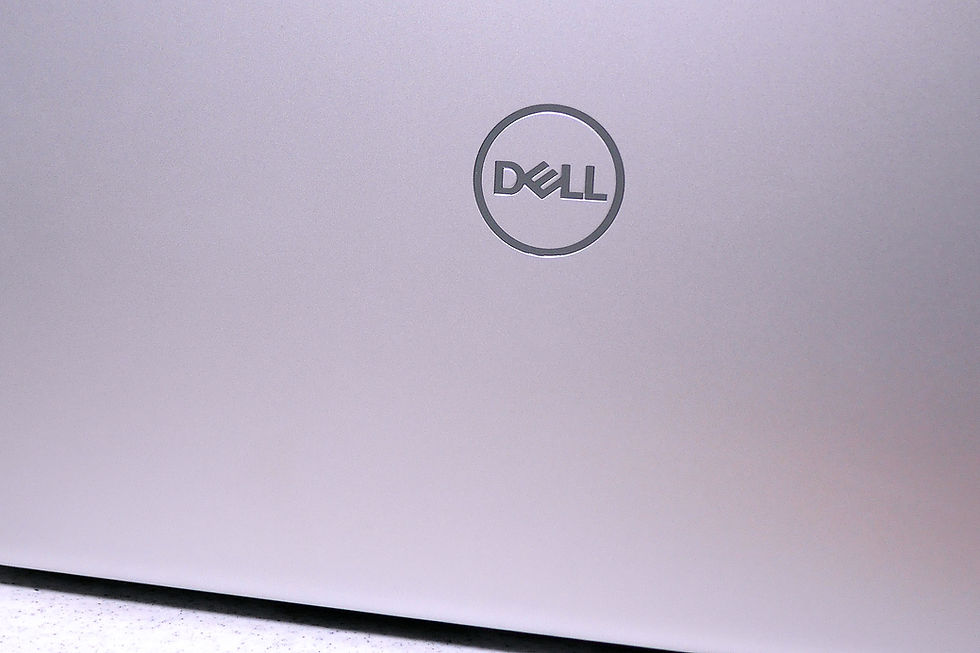Turning Banana Peels into Skin Care: New-tech for Biological Waste
- Link and Loop
- Jan 26, 2019
- 2 min read
Updated: Jul 1, 2020

TCI’s Green Factory
Today, 90% of TCI’s energy comes from the operation and manufacturing. With the growth of their business, CO2 emission also increases. Thus in 2015, they planned to build a new factory, but this one would be different from their previous ones.
Firstly, they will lower the use of cement and increase the use of metal in order to decrease the mass of the building. Secondly, they installed insulated glass to increase natural light within the building hence decreasing the need for artificial lighting meaning a cut on the cost of energy. Thirdly, installing a smart lightning system, which can be adjusted complementing natural light when, needed. Fourthly, the usage of water was rethought, such as using wastewater in toilets. Lastly, the factory would be equipped with smart air conditioning. By creating smaller rooms with lower ceilings, the spaces will cool down faster and with a system that detects the number of people in the room will adjust itself accordingly. By introducing smart technology, TCI hopes that through detection and calculation not only will cost will be cut but energy will be saved. This factory has won LEED certification from the US Green Building Council (USGBC).
TCI has already reduced their electricity use by 27%, water use by 19% and their Carbon emissions by 27% in their green factory. Their next goal is to collaborate with RE100 and to utilize 100% renewable energy by 2030.

TCI and the Agricultural Cycle
One-third of the food we produce will be thrown away. This waste will form methane and pollute the environment. TCI sees wasted fruits and vegetables as an opportunity; they can turn them into nutritional supplements and skin care products.
Every year, more than 4 million tons of food are wasted in Taiwan; with the majority ending up landfilled or composted. Almost none of that is recycled into higher margin products. In the last 3 years, TCI bought 2,360 tons of agricultural waste and created a new agriculture cycle.
Banana and Quinoa Waste Transformed into Products
Banana peels are full of nutrients that are beneficial to our health. TCI is extracting those and creating a product called Happy Banana. Some of its benefits include helping people sleep better. Another example is quinoa. According to TCI’s research, quinoa is a good way to increase collagen. They have also created face masks to help with skin care.
Concluding Points
- TCI is now proud to commit to RE100, the first company from Taiwan.
- Their factory has won LEED certification from the US Green Building Council (USGBC) due to their water and energy savings, by having installed solar panels, smart air conditioning across their factory.
- With their efforts, the future of circular economy is becoming more promising in Taiwan.
*This is speech summary from the Link and Loop Conference which was edited and compiled by the Link and Loop team. It was written and reported with the best available knowledge from the talk. There may be information discrepancies. Please contact the speaker for clarifications.




Comments